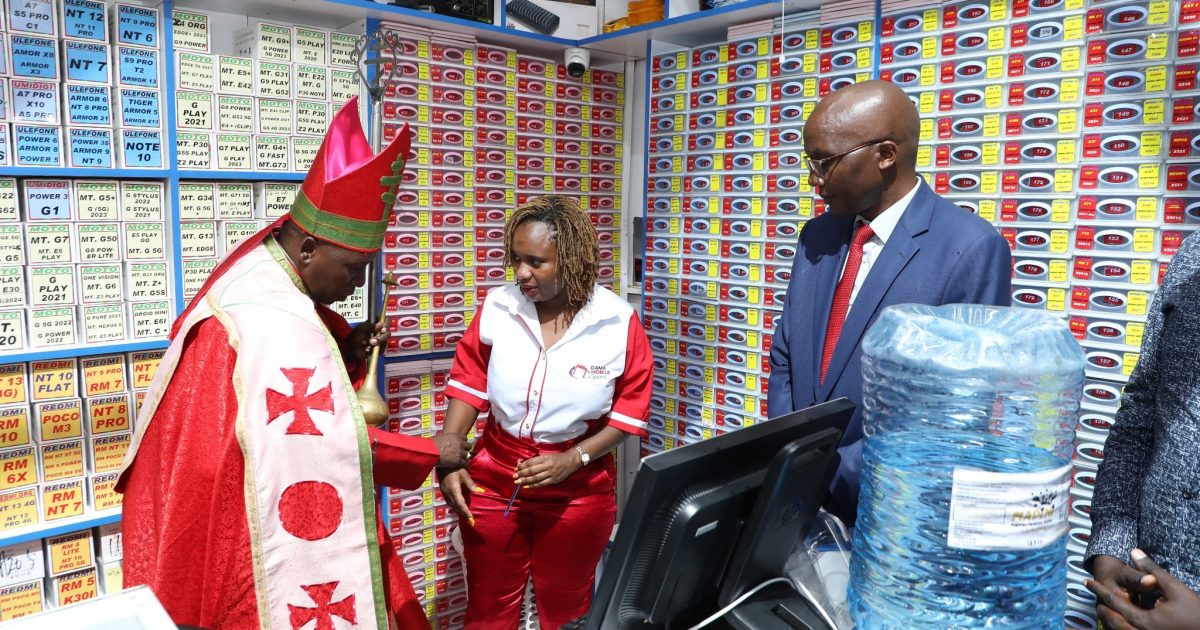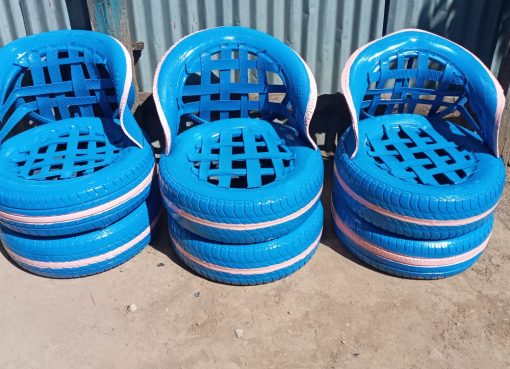The County Government of Nakuru has affirmed its commitment to harmonization of levies affecting the ease and cost of doing business in the devolved unit.
Deputy Governor Mr David Kones disclosed that they will partner with the national government and the private sector to come up with standard charges, (levies, fees and taxes) so as to encourage investments.
While pledging the devolved unit’s willingness to partner with the private sector in developing policies that will help remove trade barriers, Kones said plans were in the pipeline to put in place legislation for a single business permit to ease the process of acquiring trade licenses and help attract more investors.
“The County government is in the process of amending the Finance Act that will birth the issuing of a single business permit to reduce the number of requirements for businesses. This will in turn enable traders to concentrate with their core business instead of spending their time looking for permits,’’ he explained.
“We are committed to creating a conducive environment for businesses to thrive. Some of the barriers can be well addressed through policy interventions. A key initiative in this effort is the harmonization of the business licensing system,” Kones added.
Speaking when officiating the opening of Dama Mobile Spares Shop’s Nakuru branch, the Deputy Governor further noted that the devolved unit was in the process of establishing the County Aggregation Centres and Industrial Parks and asked the private sector to take advantage of opportunities available.
He highlighted Governor Susan Kihika’s commitment to reviewing the multiplicity of levies and taxes affecting the devolved unit’s intra-county and inter-county trade thereby discouraging investments while raising prices for the end consumer.
“We are taking deliberate steps to reduce the cost of doing business and position Nakuru as an essential destination for local and foreign investments. As a county government, we are committed to actively pursuing interventions that will make Nakuru the economic powerhouse of the region, thereby making it the destination of choice where trade and investment thrives,” said the Deputy Governor.
He indicated that the county had identified its trade and investment prospects through pursuing active partnerships to unlock its potential and would provide support in value addition, trade and investments to help achieve the objective of transforming Nakuru into a middle-income economy.
Dama Mobile Spares Shop specializes in mobile phone spare parts. Kones stated that the shop’s new branch will significantly improve access to essential components within the local mobile phone industry in the region.
He acknowledged that double taxation and multiplicity of licenses and permits in the counties are still an impediment that make business across the devolved units a painstaking job.
He added that paying for multiple licenses and permits to operate in a single county is unsustainable and deters investors.
“A single county license that encompasses all permits and is acknowledged by other county governments will spur economic activities across counties and in turn increase revenue collection,” he said.
Kones was accompanied by County Executive Committee Member (CECM) for Trade, Tourism and Cooperatives Mr Stephen Kuria, County Secretary and Head of Public Service Dr Samuel Mwaura, City manager Gitau Thabanja, Chief Officer Edward Gitau (Public participation) and Trade Director John Macharia.
Kuria indicated that they have digitized their business-related services such as license applications noting that to attract foreign direct investments (FDI) into Nakuru investors should be able to interact with county services from wherever they are.
Attracting and retaining investments, Kuria said, entailed businesses partnering with the county government to enhance development through building infrastructure, restoration of natural resources and offering productive jobs in order to raise the living standards for every resident throughout the devolved unit.
Kuria said they had embarked on various plans to boost the region’s attractiveness to investors, starting with reforms in the tax regime through harmonization of fees and elimination of non-tariff barriers to trade.
According to the CECM Nakuru, regarded as a key food basket in Rift Valley, also seeks to lure investors to its vibrant agricultural sector to add value to its products and gain direct sales of its farm produce to foreign markets including East African countries.
The county is one of the leading producers of potatoes, carrots, milk and vegetables among other crops.
Economic survey findings by various institutions show Nakuru is fast rising to become the most preferred investment destination for local and international investors.
It is projected that the county has an economic potential worth Sh200 billion in agricultural value addition, manufacturing, geothermal exploration, tourism, and real estate.
Results of a survey released by the Institute of Economic Affairs show it is easier to start a business in Nakuru town compared to five other populous urban areas.
Economists attributed this to mainly reduced tax burden that has made it more attractive to investors.
The study gave the county an overall score of 89 in the tax sub-cluster followed by Eldoret (78) and Machakos (67). The bottom three in the category were Kisumu (64), Nairobi and Mombasa at 56 and 54 respectively.
By Anne Mwale





